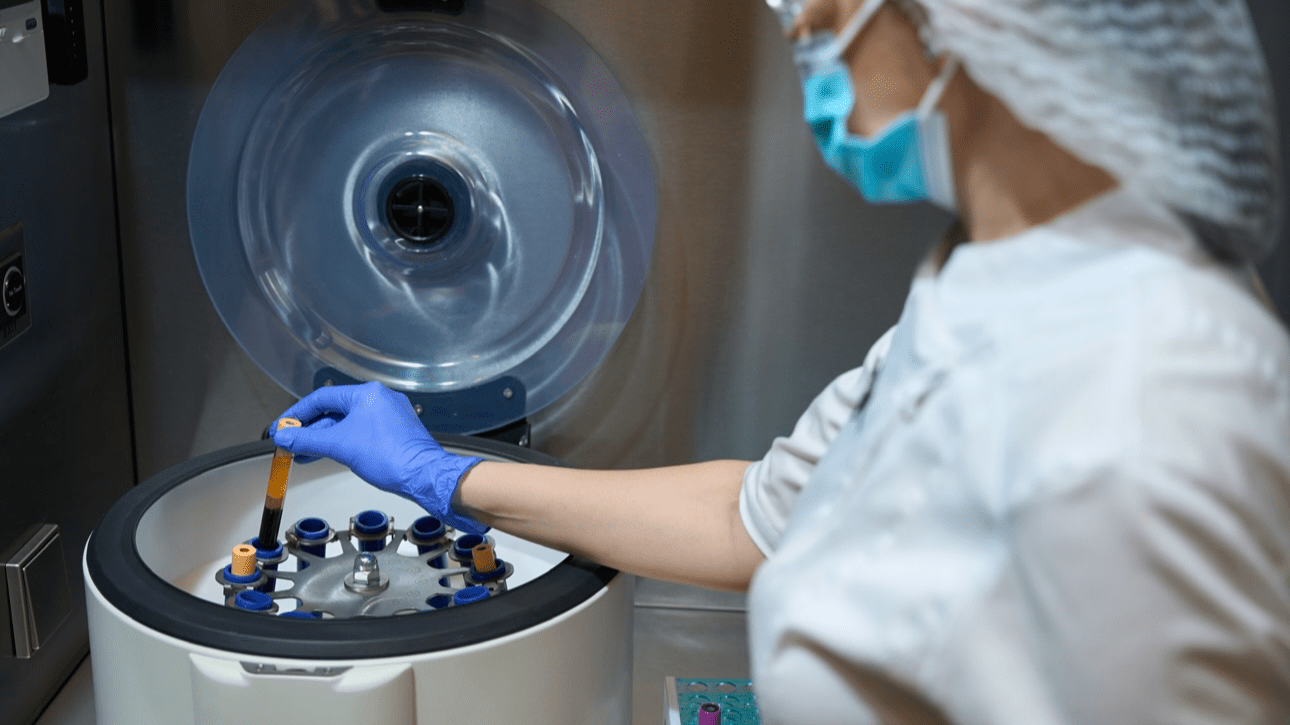In-Vitro Maturation (IVM): Assisted Reproductive Technology
In-Vitro Maturation (IVM) is a groundbreaking technique in the field of assisted reproductive technology (ART) that offers hope to individuals and couples struggling with fertility issues. Unlike traditional in-vitro fertilization (IVF), which requires the use of fertility medications to stimulate the ovaries, IVM involves the retrieval and maturation of immature eggs from the ovaries. In this article, we will explore the concept of In-Vitro Maturation, its advantages and limitations, and its potential as a fertility treatment option.
Understanding In-Vitro Maturation (IVM)
In-Vitro Maturation (IVM) is an alternative approach to traditional IVF that involves the collection and maturation of immature eggs (oocytes) from the ovaries outside of the body. Unlike IVF, where fertility medications are used to stimulate the ovaries to produce multiple mature eggs, IVM allows for the collection of immature eggs that can be matured in the laboratory setting.
The IVM Process
The IVM process typically involves the following steps:
1. Ovarian Stimulation
In some cases, mild ovarian stimulation may be performed using low doses of fertility medications to encourage the growth of multiple follicles in the ovaries. However, in most IVM cycles, little to no ovarian stimulation is used.
2. Egg Retrieval
Using ultrasound guidance, the retrieval of immature eggs from the ovaries is done through a needle aspiration procedure. This is usually done under local anesthesia or mild sedation.
3. Laboratory Maturation
The retrieved immature eggs are then placed in a culture medium in the laboratory, where they are allowed to mature over a period of 24 to 48 hours. During this time, the eggs undergo the necessary changes required for fertilization.
4. Fertilization
After the maturation of eggs, they undergo fertilization using conventional IVF techniques. This involves combining the mature eggs with sperm in the laboratory to facilitate fertilization.
5. Embryo Transfer
After fertilization, the resulting embryos are monitored for development and quality. The most viable embryos are selected for transfer into the uterus, while any remaining embryos may be cryopreserved for future use.
Advantages of In-Vitro Maturation (IVM)
1. Reduced Need for Ovarian Stimulation
Unlike traditional IVF, IVM requires little to no ovarian stimulation. This reduces the risk of ovarian hyperstimulation syndrome (OHSS), a potential complication associated with IVF treatment.
2. Time and Cost Efficiency
IVM treatment is often shorter and less expensive than traditional IVF since it eliminates or reduces the need for fertility medications and frequent monitoring.
3. Suitable for Certain Patient Groups:
IVM may be a suitable option for individuals who are at risk of complications from ovarian stimulation, such as those with polycystic ovary syndrome (PCOS) or a high risk of OHSS.
4. Ethical Considerations
Some individuals may prefer IVM due to ethical concerns associated with the use of fertility medications or concerns about potential multiple pregnancies.
Limitations and Considerations of In-Vitro Maturation (IVM)
1. Lower Success Rates
Compared to traditional IVF, IVM may have lower success rates, especially in cases where the eggs retrieved are of lower quality or maturity.
2. Limited Availability
IVM is a specialized technique that may not be widely available at all fertility clinics. Individuals interested in pursuing IVM may need to research and locate a clinic that offers this specific treatment option.
3. Fewer Eggs Retrieved
In IVM, typically fewer eggs are retrieved compared to traditional IVF. This may limit the number of embryos available for transfer and potentially decrease the chances of success.
4. Need for Additional Research
From further research, we can fully understand the long-term outcomes and success rates of IVM in comparison to traditional IVF.
Is IVM Right for You?
Determining whether IVM is the right treatment option depends on various factors, including your specific fertility diagnosis, age, and individual preferences. It is essential to consult with a fertility specialist or reproductive endocrinologist who can evaluate your unique circumstances and provide personalized recommendations.
In-Vitro Maturation (IVM) is an innovative approach to assisted reproductive technology that offers an alternative to traditional in-vitro fertilization (IVF). By retrieving and maturing immature eggs in the laboratory, IVM eliminates or reduces the need for ovarian stimulation and offers potential benefits in terms of cost, time efficiency, and ethical considerations. However, IVM may have lower success rates than traditional IVF, and its availability may have limitations. Deciding on the most appropriate treatment option requires careful consideration and consultation with a fertility specialist. By understanding the concept and potential benefits and limitations of IVM, individuals and couples can make informed decisions regarding their fertility journey.









